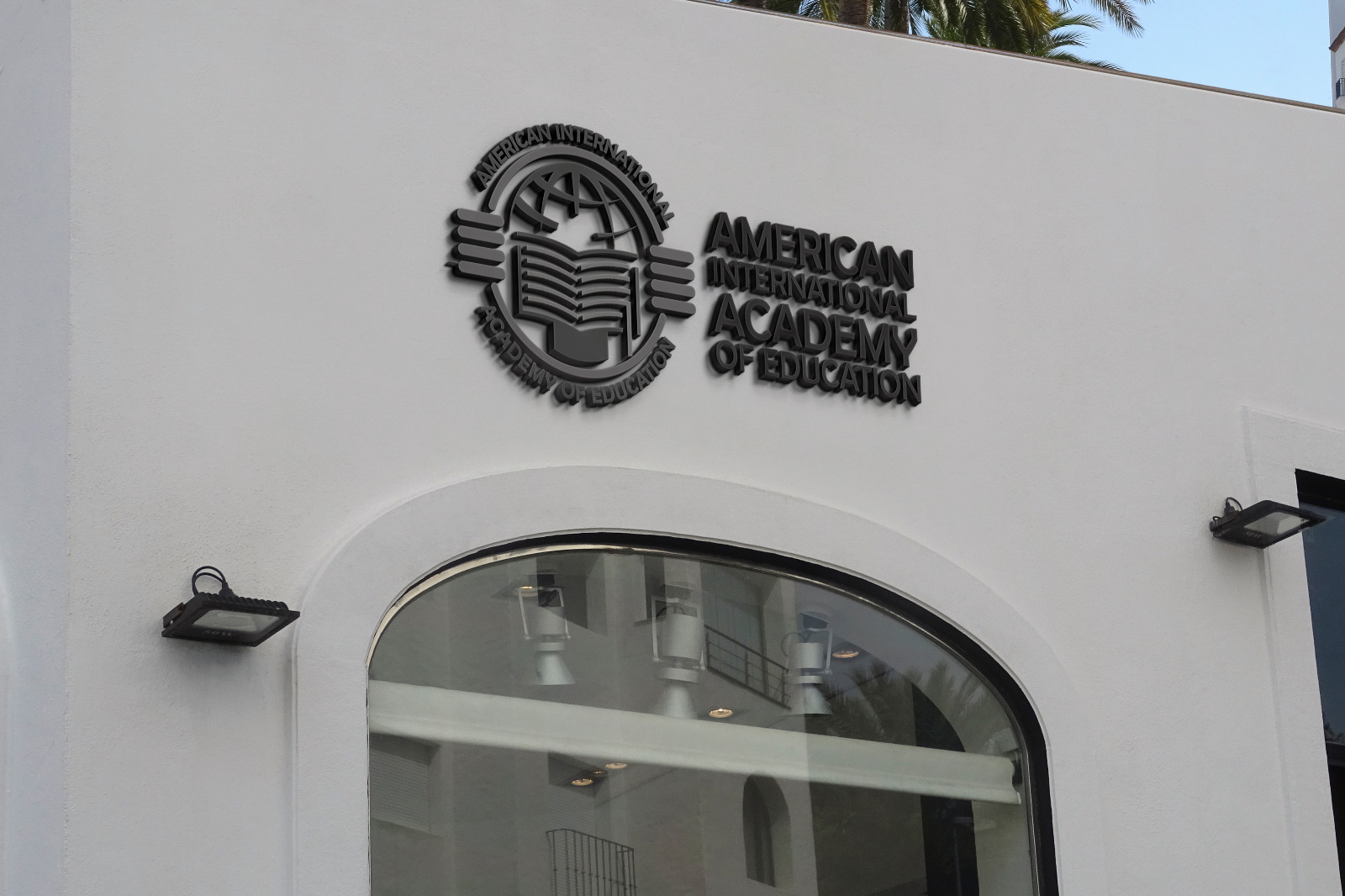- Home
- Pages
- Academics
- Admissions
- Courses
- sports
- Accreditation
Accreditation of programs and curricula for the educational process, as well as accreditation of institutions, persons and individuals working in the educational field. And the adoption of policies and all measures that work for the success of the educational process
Assessments can be designed, developed, and used for different pur-
Standards for educational achievement have been developed that delineate the values and desired outcomes of educational programs in ways that are both transparent to stakeholders and provide guidance for curriculum development, instruction, and assessment. In addition, as described in Chapter 3,

The Academy provides technical and scientific support through building educational curricula and adopting curricula for the educational process through a group of experts and specialized consultants. It also provides accreditation for special education curricula in various educational stages
Accreditation of specialists, experts and consultants in the field of education through the American quality standards for education
It is important to obtain accreditation for your educational institution and all work team, programs and curricula that your educational institution uses, and accreditation of the work team
Teach program
Luvas program
Help and Bob curriculum
Class program
Applied Behavior Analysis Science Program
Bob’s professional qualification curriculum
Bob’s program for perception and concentration skills
Bob Preschool Skills Program
Language and Pronunciation program Elementary Stage
Pecs program
Apples Program
We require that:
1. The school is appropriately resourced with sufficient staff employed in management, teaching and support roles.
2. The school curriculum is clearly expressed and accessible to teachers, students and their parents.
3. Assessment outcomes are monitored and evaluated with clear feedback into teaching and learning strategies.
4. Teachers have appropriate qualifications to deliver Cambridge programmes and qualifications successfully.
5. Teaching takes account of students’ diverse learning styles and individual needs.
6. The school has a well-designed approach to the professional development of teachers and other staff.
7. The school has a clear policy to address the language needs of learners.
We require that:
1. The school premises create a positive learning environment for students.
2. Library or learning resources adequately support delivery of the curriculum.
3. Specialist facilities are provided (e.g. for Cambridge syllabuses in art and design, music, languages, ICT, physical education and the sciences).
4. Secure storage arrangements for question papers and other examination materials comply with our regulations.
5. Appropriate facilities that comply with our regulations for accommodating examinations have been identified.
6. A good understanding of the Centre responsibilities set out in the first section of the Cambridge Handbook.
2. Government approval to operate, including any approvals needed to provide the curricula you wish to offer.
3. Health and safety policies in line with government requirements.
4. First aid provision in line with government requirements.
5. Child protection policies in line with government requirements.
To support schools we have published some guidelines on what a robust approach to child protection may look like in a school setting. To implement a fully robust approach to child protection, policies have to be supported by well-managed and resourced processes.
Our goal is the advancement of people through education